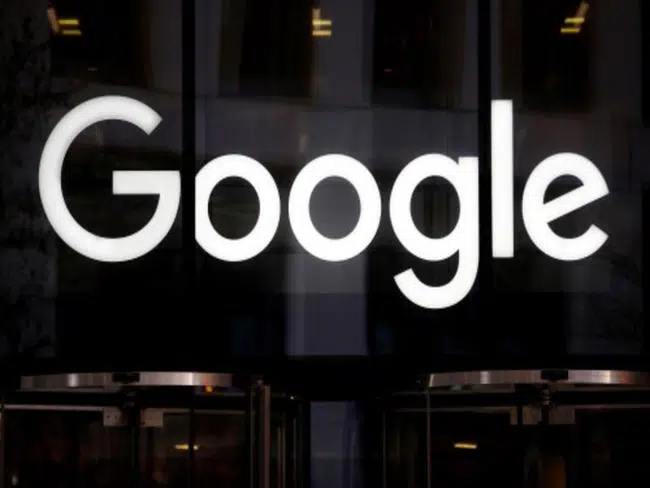
Google unveils AI-powered Android updates at MWC 2024
AI is the flavour of the season, and so was the case at MWC this year. Google, at this year’s Mobile World Congress (MWC), took center stage with a series of announcements aimed at enhancing the Android experience for its users, powered heavily by AI.
One of the most significant announcements at MWC was the introduction of Google’s AI assistant, Gemini, directly within the Android Messages app on users’ phones. Currently in beta and available only in English, Gemini allows users to engage in conversations directly through Messages, enabling them to draft messages, brainstorm ideas, plan events, or simply have a casual conversation without switching applications. This integration seamlessly blends human-to-human and human-to-AI communication, potentially transforming the way users interact with their devices.
Furthermore, in a move to promote safer driving habits, Google announced AI-powered text summaries for Android Auto. This feature automatically condenses lengthy messages and group chats, minimizing distractions for drivers. Moreover, Android Auto provides contextually relevant replies and actions, enabling users to respond quickly and safely while on the road.
Accessibility continues to remain a core focus for Google, and the Android updates unveiled at MWC highlights the same. The Lookout app, designed to assist visually impaired users, now boasts the ability to generate AI-powered captions for images. This feature, rolling out globally in English, empowers users to receive descriptions of photos encountered online or received in messages, enhancing their understanding and engagement with visual content. Furthermore, Google Maps received an update that improves screen reader support for the Lens feature. Users can now point their phone’s camera at various locations and hear information about them read aloud using TalkBack, providing greater accessibility and independent navigation.
Beyond communication and accessibility, Google introduced updates aimed at enhancing productivity and entertainment experiences. The Google Docs app now allows users to add handwritten notes directly within documents using their finger or a stylus on their Android phones or tablets. This feature – Google Docs markups – facilitates a more natural and intuitive approach to document annotation and feedback. Additionally, similar to the existing functionality with YouTube Music, users can now seamlessly switch between devices while playing music on Spotify through the Android home screen output switcher, offering greater flexibility and control over their listening experience.
And if this is not enough, the Fitbit app received a significant redesign, offering a more comprehensive view of users’ health and fitness data. By leveraging Health Connect, the app now aggregates data from various wearables and apps, including AllTrails, Oura Ring, and MyFitnessPal, providing users with a holistic picture of their well-being. Furthermore, Wear OS smartwatches received an update that allows users to access Google Wallet passes directly from their wrist. This functionality provides convenient access to boarding passes, event tickets, and more, streamlining everyday tasks and enhancing user experience. Additionally, Google Maps on Wear OS now offers public transit directions, allowing users to view departure times and receive compass-guided navigation directly on their smartwatch, eliminating the need to constantly take out their phones.


